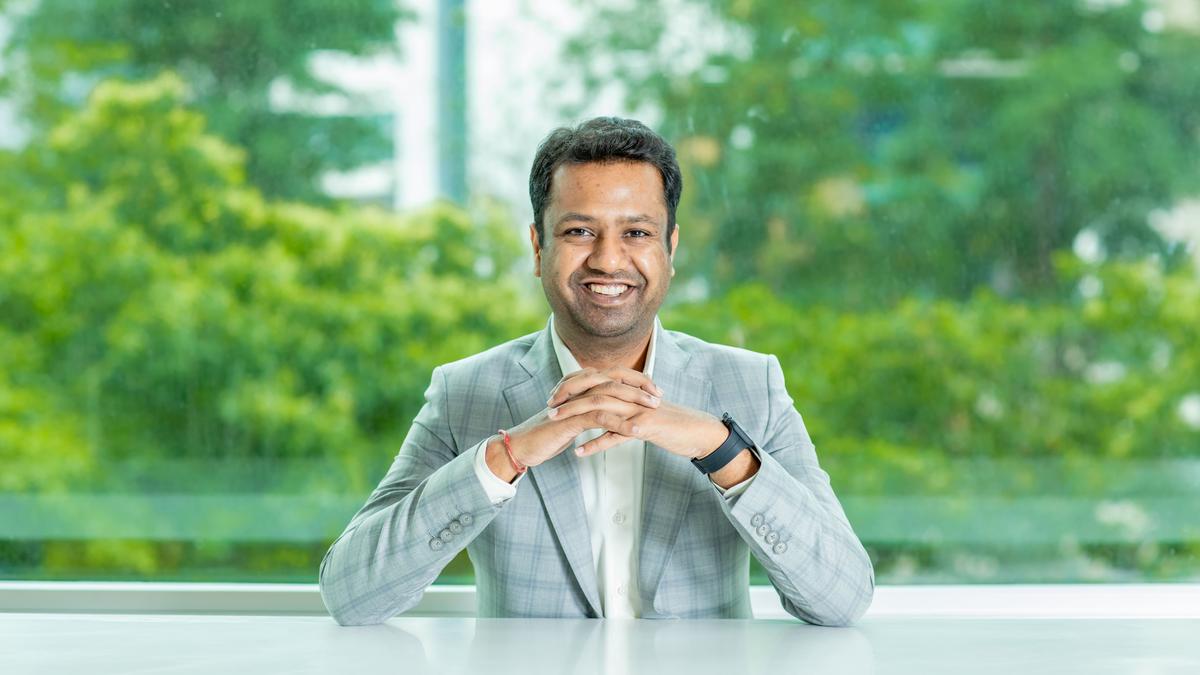India’s Fast-Moving Consumer Goods (FMCG) sector is preparing for a significant metamorphosis, with industry leaders highlighting innovative strategies to navigate a rapidly evolving market landscape, according to discussions at the Confederation of Indian Industry’s (CII) 15th National FMCG Summit.
Top executives from leading FMCG companies outlined critical approaches to sustain growth, emphasising digital capabilities, consumer insights, and adaptive business models. “Companies must innovate, invest in digital capabilities, and adopt entrepreneurial operating models,” said Bharat Puri, Chairman of CII’s FMCG National Committee and Managing Director of Pidilite Industries.
Geetika Mehta, Managing Director of Nivea India, reinforced the innovation narrative, stating, “We are actively addressing white spaces and expanding our product portfolio and launching innovative and premium products to appeal to younger consumers, moving beyond the “mama’s brand” perception.”
The summit, themed ‘Metamorphosis: Change Lanes to Unlock Growth’, brought together prominent industry leaders who identified key transformation strategies. Ravi Swarup, Partner and Consumer Products Practice Head at Bain & Company, highlighted the sector’s changing dynamics. “Modern channels are now contributing over a quarter of packaged FMCG sales in over one million towns, and growing rapidly,” he noted. “Shopper missions are becoming more frequent, with 60 per cent now unplanned.”
Quick commerce and digital channels emerged as critical focus areas. Vipul Parekh, Co-Founder of BigBasket, emphasised the shifting retail landscape. “The rapid rise of dark stores and quick commerce is reshaping retail dynamics,” he said. “Customers today are affluent yet capricious, willing to trade brand loyalty for convenience.”
Sameer Satpathy from ITC underscored the transformative potential of quick commerce. “This fast-paced channel demands sharper supply chains, real-time data, and deeper collaboration with e-commerce partners,” Satpathy explained. The channel offers significant opportunities for premiumisation and creating new categories.
Kedar Lele, Managing Director, Castrol, highlighted the need for strategic adaptation. “Organisations must focus on audience segmentation, portfolio management, and leveraging data science,” he said. “Strengthening customer management capabilities tailored to modern trade and quick commerce will be critical.”
The summit addressed multiple challenges, including changing consumer behaviours, technological disruption, and the need for innovative brand-building strategies. Sudhanshu Vats, Managing Director Designate at Pidilite Industries, emphasised the sector’s potential. “Indian FMCG has great potential to achieve volume growth by building brands and exploring evolving channel dynamics,” Vats said.
Industry leaders consistently pointed to the importance of understanding and adapting to emerging consumer trends, particularly among millennials and gen-Z. The ability to balance traditional brand values with modern expectations was highlighted as a crucial strategic imperative.
The discussions revealed a sector at a critical inflection point, with companies increasingly relying on data-driven insights, digital capabilities, and agile business models to drive growth. The focus on volume growth through innovation was a recurring theme, with companies exploring new categories, enhancing product portfolios, and leveraging technological advancements to capture market opportunities.
As the Indian market continues to evolve, FMCG companies are positioning themselves to capture emerging opportunities through innovative approaches to product development, distribution, and consumer engagement.
The CII summit alluded to a collective industry commitment to transformation, with leaders viewing current challenges as opportunities for strategic reinvention and sustained volume growth.








Leave a Comment